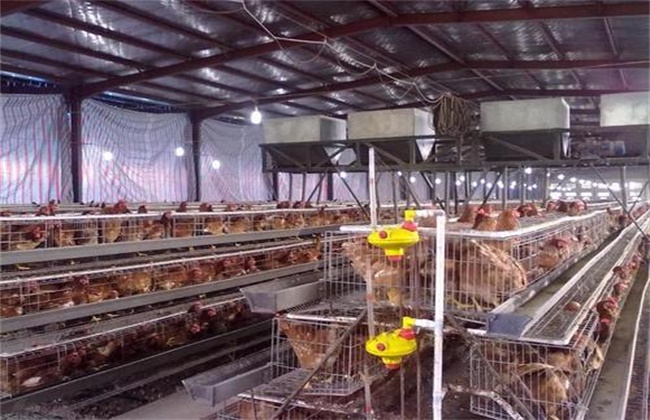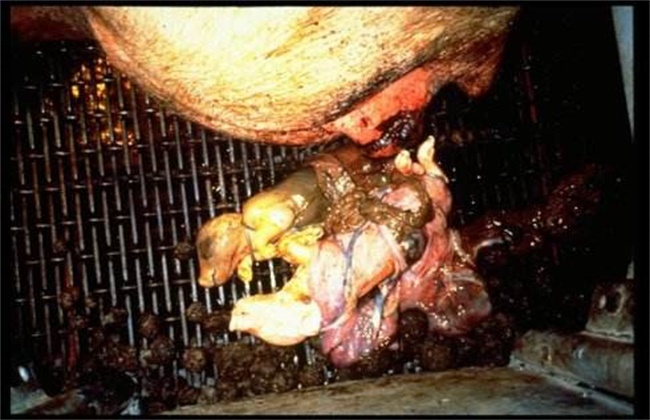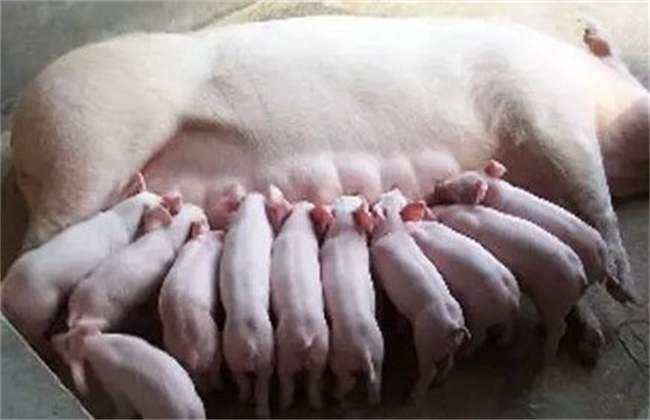How to reduce ammonia in henhouse
Raising chickens is very common in our country. When raising chickens, chickens will inevitably produce chicken droppings. If there is too much chicken manure, a large amount of ammonia will be produced, resulting in poor air quality in the chicken house. It is very disadvantageous to the growth of chickens, so when we raise chickens, we must pay attention to the management and reduce the ammonia in the henhouse as much as possible. So how can we reduce the ammonia in the henhouse? The following editor will give you a brief introduction, let's have a look!

1. Change the cushion material after cleaning.
When we consider how to reduce the ammonia in the henhouse, we should first pay attention to the source of the ammonia in the henhouse. Most of the reasons for the production of ammonia in the henhouse are caused by chicken manure. Therefore, if you want to reduce the ammonia in the chicken house, the first thing to do is to remove the feces in the chicken house in time. Regularly do a good job in the removal of feces, especially in flat breeding, we should pay more attention to the removal of faeces. And for the cushion in the chicken coop, we should also pay attention to regular replacement to ensure that the cushion is clean and pollution-free, otherwise it will also produce a large amount of ammonia.
2. Discharging pollutants and removing dampness
When raising chickens, temperature is very important to the growth of chickens, so when raising chickens, many people are very concerned about the work of heat preservation. However, the work of discharging sewage and removing dampness in the chicken coop was neglected. While ensuring the temperature in the chicken house, we should also pay attention to sewage and dehumidification. The vents in the chicken house should be opened regularly for ventilation to maintain the air quality in the chicken house. If you feel that the smell of ammonia in the henhouse is serious, then it must be beyond the standard. At this time, ventilation should be carried out in time, until people feel that it is not stuffy or pungent.
3. Drug prevention and treatment
In the henhouse, we can sprinkle some calcium superphosphate, which can combine with ammonia to form ammonium phosphate, so as to reduce the harm of ammonia to chickens, usually once a week. Then we can also spray some peracetic acid with chicken. Peracetic acid can produce acetic acid in the air, and acetic acid can neutralize the ammonia in the chicken house to form ammonium acetate. During spraying, peracetic acid is diluted first, and then sprayed directly into the henhouse. About twice a week, if the chickens get sick, they need to be sprayed every morning and evening.
In addition, we can also spray the right amount of formalin. Dilute formalin to about 10% and spray it in the henhouse every 4 days or so. It can not only reduce the concentration of ammonia, but also play the role of disinfection. Finally, you can also carry out acetic acid fumigation, first mix vinegar with water, and then boil it directly in the chicken coop, keeping it at about 10min each time. The heating device should be removed in time after fumigation to avoid consuming too much oxygen. Acetic acid fumigation can not only remove the ammonia in the chicken house, but also reduce the concentration of other toxic gases in the chicken house.
The above is a brief introduction to how to reduce the ammonia gas in the chicken house. That's all for today's introduction. This article is for reference only. I hope it can help you all.
Related
- On the eggshell is a badge full of pride. British Poultry Egg Market and Consumer observation
- British study: 72% of Britons are willing to buy native eggs raised by insects
- Guidelines for friendly egg production revised the increase of space in chicken sheds can not be forced to change feathers and lay eggs.
- Risk of delay in customs clearance Australia suspends lobster exports to China
- Pig semen-the Vector of virus Transmission (4)
- Pig semen-the Vector of virus Transmission (3)
- Five common causes of difficult control of classical swine fever in clinic and their countermeasures
- Foot-and-mouth disease is the most effective way to prevent it!
- PED is the number one killer of piglets and has to be guarded against in autumn and winter.
- What is "yellow fat pig"? Have you ever heard the pig collector talk about "yellow fat pig"?



